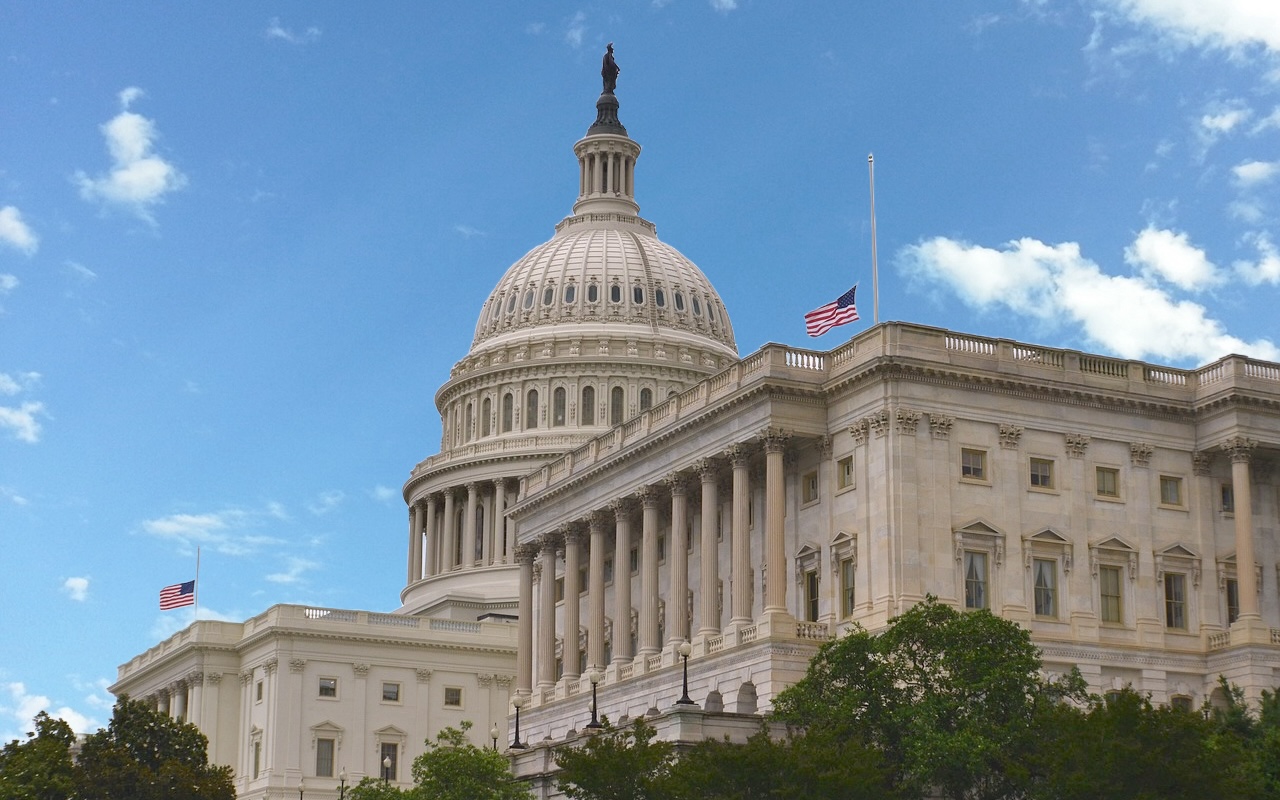In an ambitious move to combat the soaring cost of groceries, US Vice President Kamala Harris is poised to unveil a comprehensive strategy aimed at major corporations within the food and grocery sector. This initiative, set to be a cornerstone of her economic policy, will be presented ahead of the November election. Harris is also set to address the escalating costs of prescription drugs and housing, marking a clear departure from the policies of Donald Trump, particularly on tariffs and taxes.
The announcement is scheduled for a speech in North Carolina this Friday. Harris’s economic blueprint, while closely aligned with the principles of Joe Biden, promises to carve a distinct path, focusing on issues she believes are most critical. This approach comes in the wake of Biden’s decision to step down as the Democratic presidential candidate last month, prompting Harris to take up the mantle. Amidst a backdrop of inflation rates dipping below 3% for the first time in over three years, the persistent high prices of groceries and consumer goods continue to be a significant concern for voters, as reported by the labour department. To address this, the Harris campaign is advocating for a federal prohibition on price-gouging within the food and grocery industries, an effort to prevent corporations from excessively raising prices.
A particular area of focus for Harris will be the meat-processing industry, where she aims to curb prices, support small businesses, and tackle unfair mergers and acquisitions within the food sector. This move counters Trump’s unfounded claims that Democrats seek to impose a ban on red meat. The Harris campaign has previously emphasised healthcare, abortion rights, gun violence, reproductive freedom, child poverty, and affordable healthcare. However, Harris has reportedly moved away from some of her earlier positions, such as banning fracking and endorsing Medicare for All, in an attempt to unify voters and avoid backlash from business communities.
Moreover, Harris is set to propose initiatives to reduce the costs of renting and home ownership, highlighting the housing crisis in the US. Her advisers have underscored her commitment not to raise taxes on individuals earning less than $400,000 annually, maintaining a stark contrast with Trump’s tax policies. Trump, on his part, has hinted at introducing new tax cuts for middle-class families and eliminating taxes on tipped wages, a proposal Harris has also shown support for. However, Harris opposes Trump’s suggestion of implementing new tariffs on imports. In a recent campaign speech, Trump attempted to downplay the significance of economic issues by using a box of Tic Tacs as a metaphor for inflation, a move that has garnered attention.
A spokesperson for Trump criticised Harris’s economic strategies, asserting Trump’s record of fostering prosperity and affordability in the US. Meanwhile, Biden and his economic team, including US Treasury Secretary Janet Yellen and others, have discussed the resilience of the US economy, highlighting the recent fall in inflation, strong investment, consumer spending, and a robust job market.
News Team





